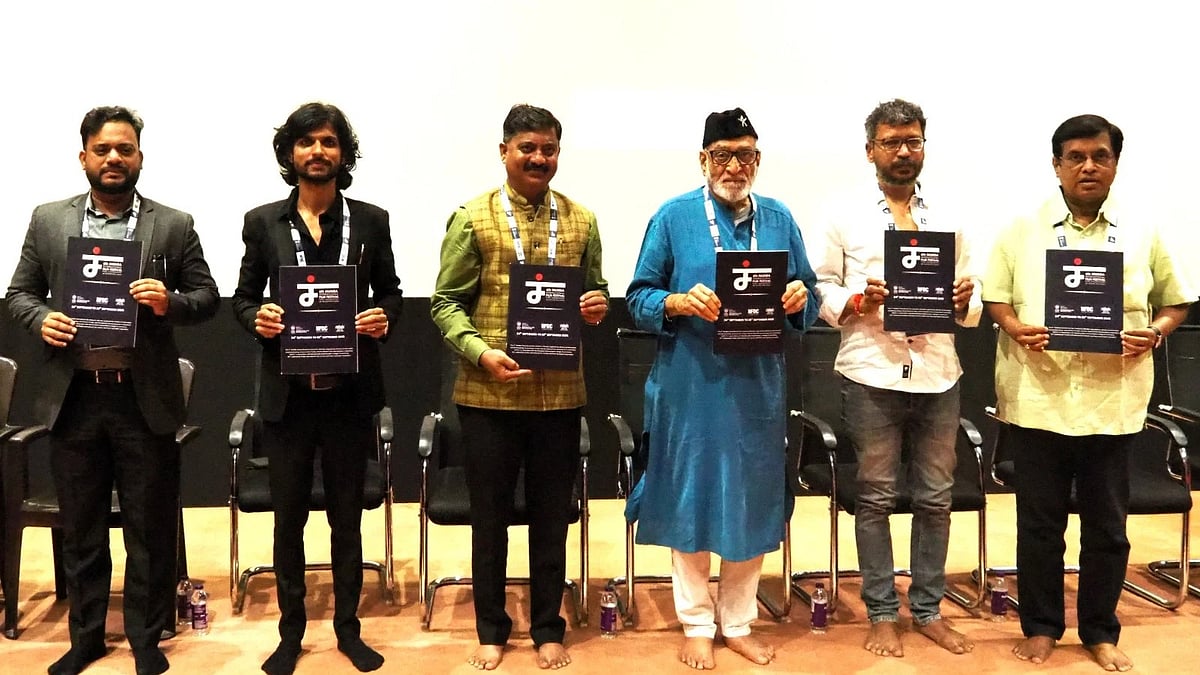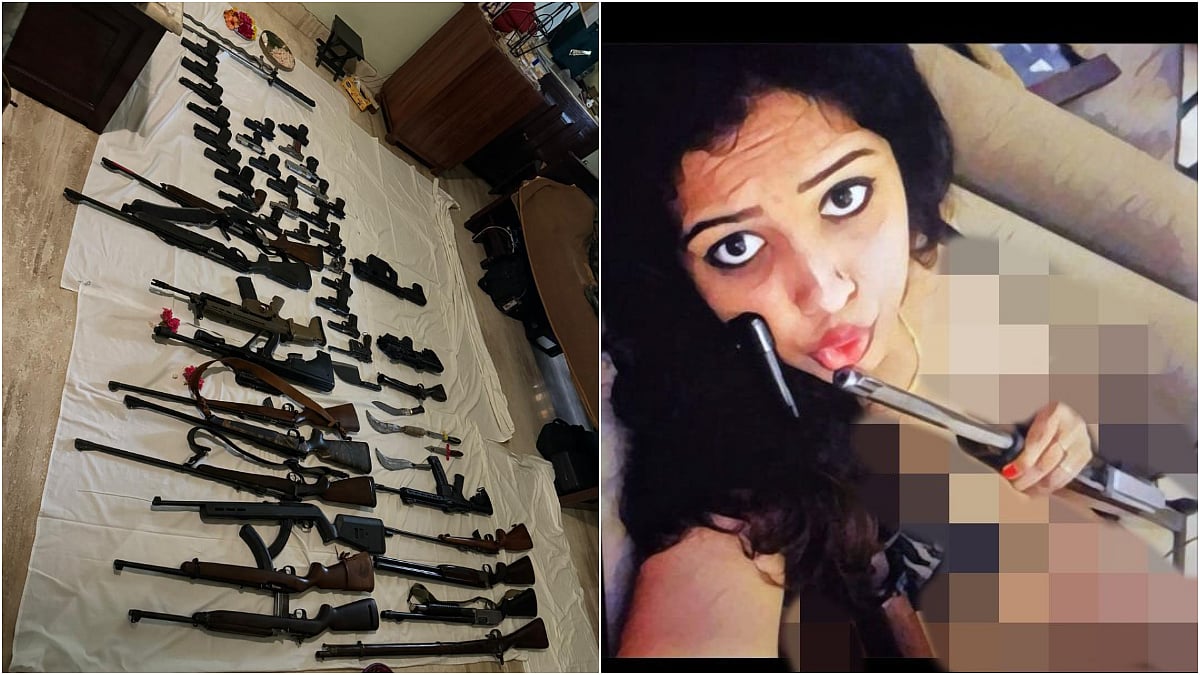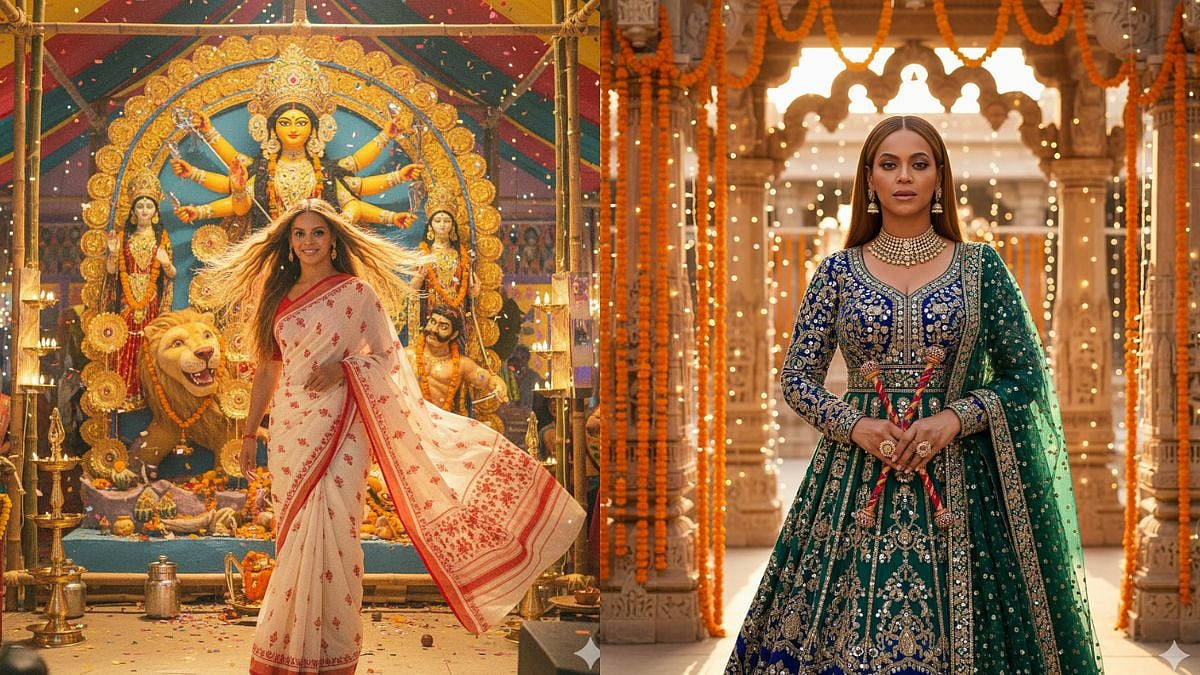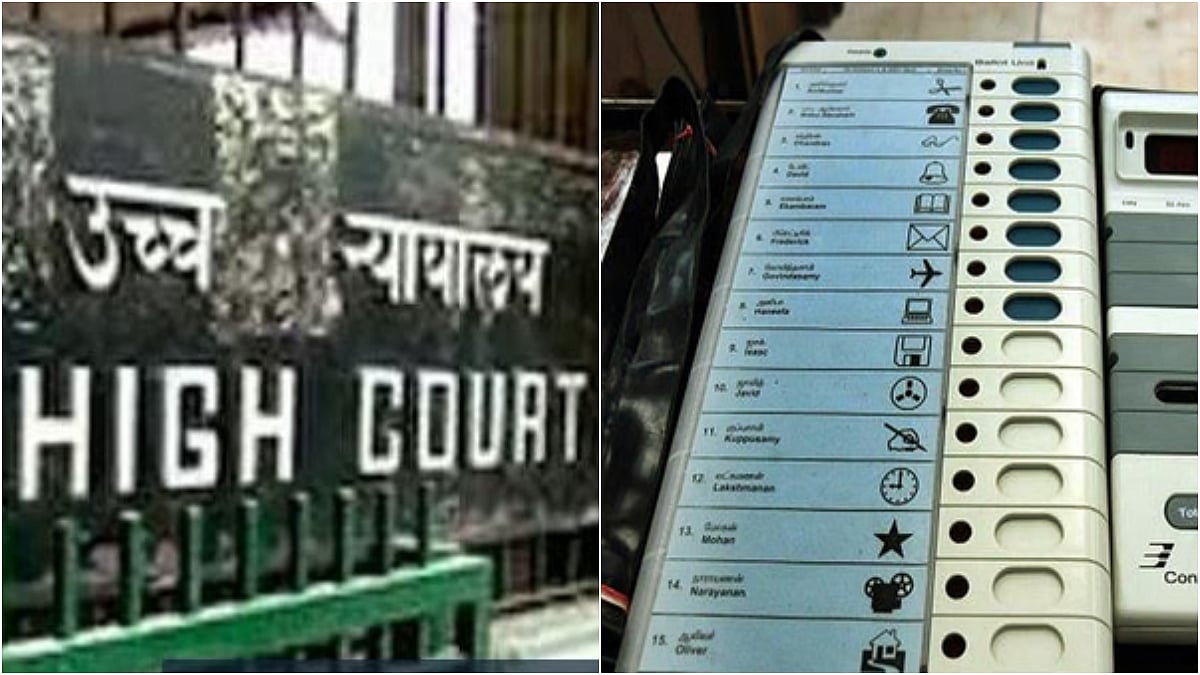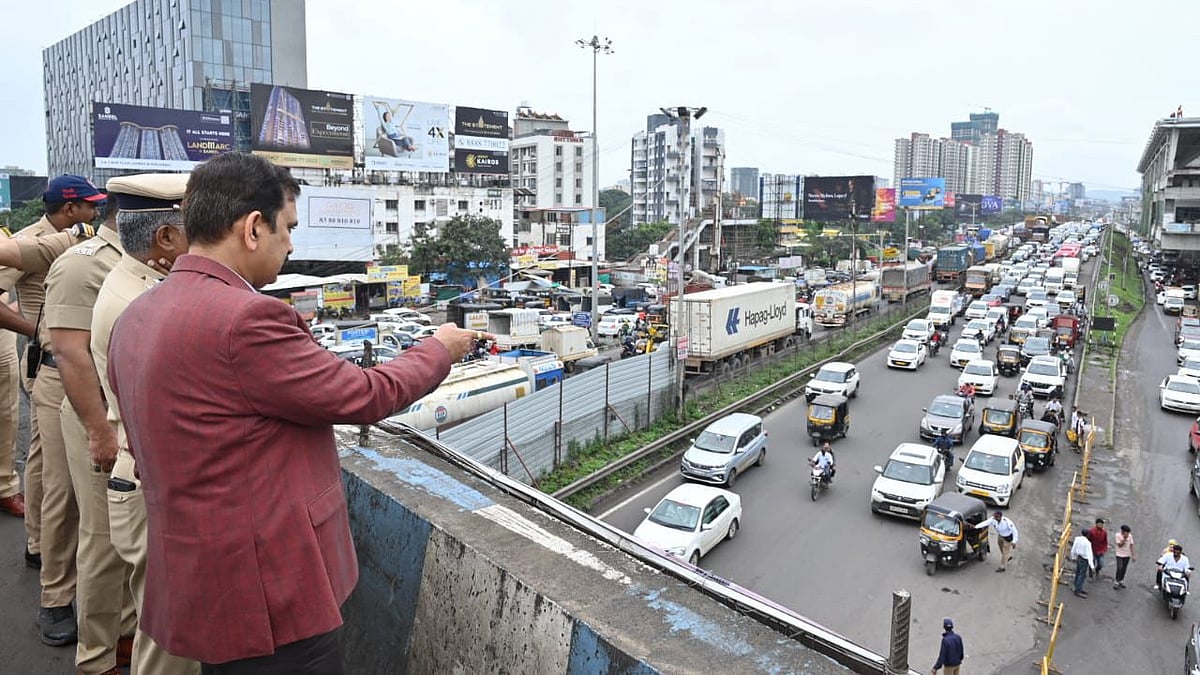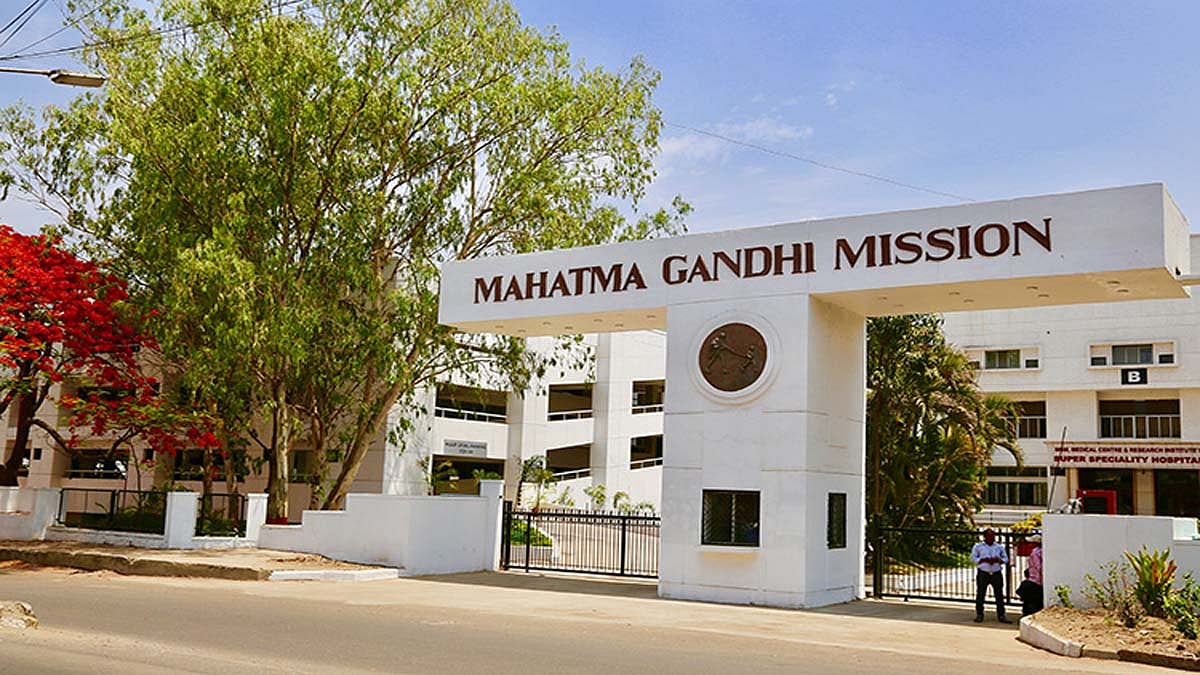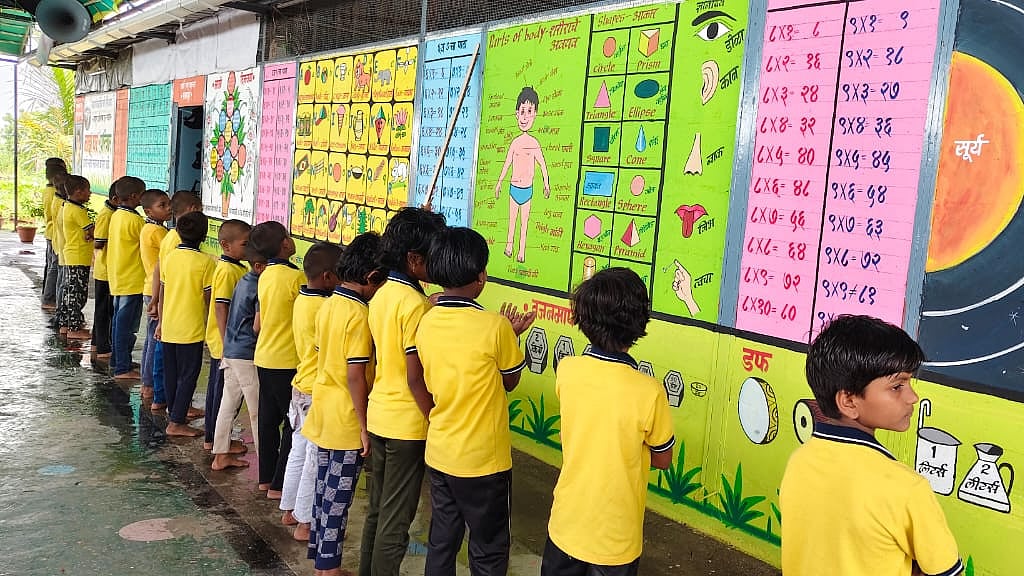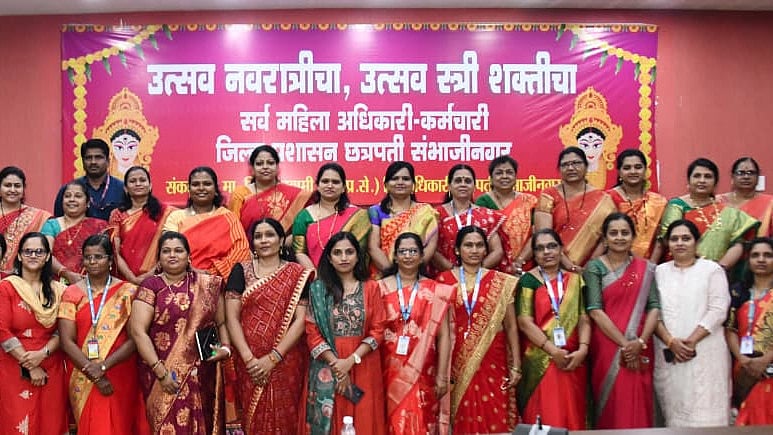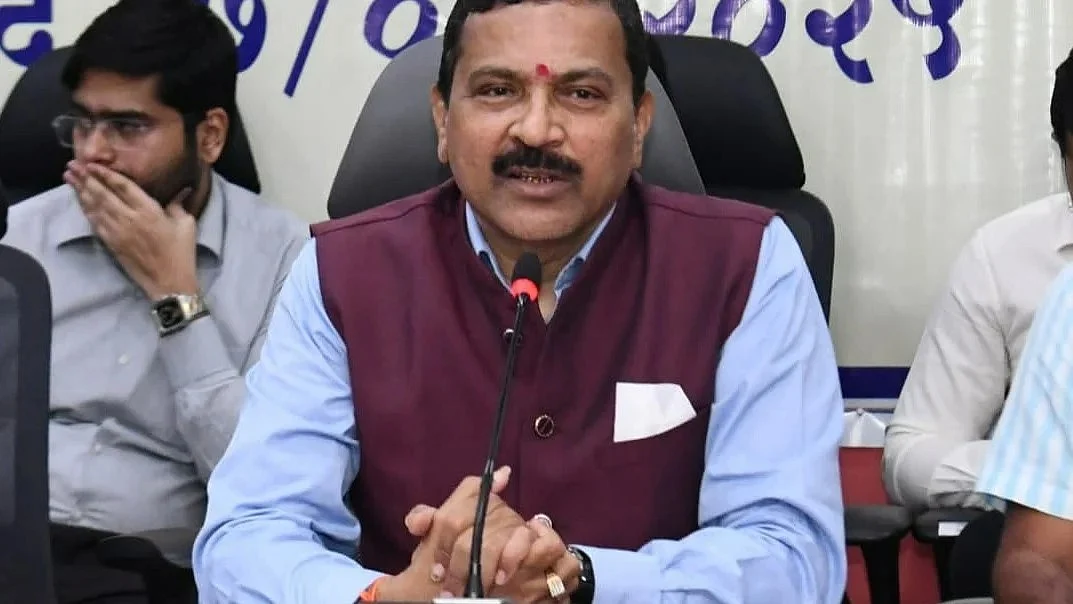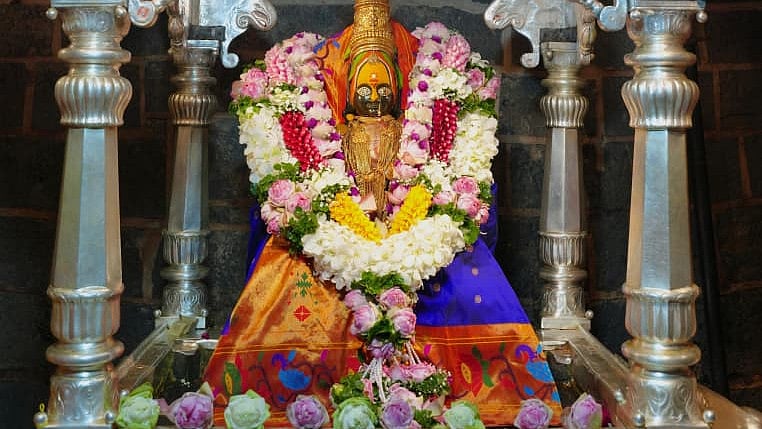“Modern rationalist education has created readers, not audiences; it teaches the language of intellect but ignores the language of sensitivity,” stated veteran actor Dr Mohan Agashe while inaugurating the sixth edition of the Mumbai International Film Festival in Pune on Wednesday.
The sixth edition of the Mumbai International Film Festival, organised by the Mumba Film Foundation, was inaugurated in the presence of Dr Mohan Agashe and filmmaker Umesh Kulkarni at the National Film Archive of India (NFAI), Law College Road. It was opened with the screening of the Marathi film ‘Ata Thambaycha Naay.’
Present on the dais were festival organiser Jay Bhosale, festival convener Virendra Chitrav, Kiran Gaikwad (Marathi Language Coordinator, Pimpri-Chinchwad Municipal Corporation), Dr Arun Prakash (Head, Dadasaheb Phalke International Film School, MIT College), and Dr Ganesh Pathare (Principal, Marathwada Mitra Mandal’s College of Commerce).
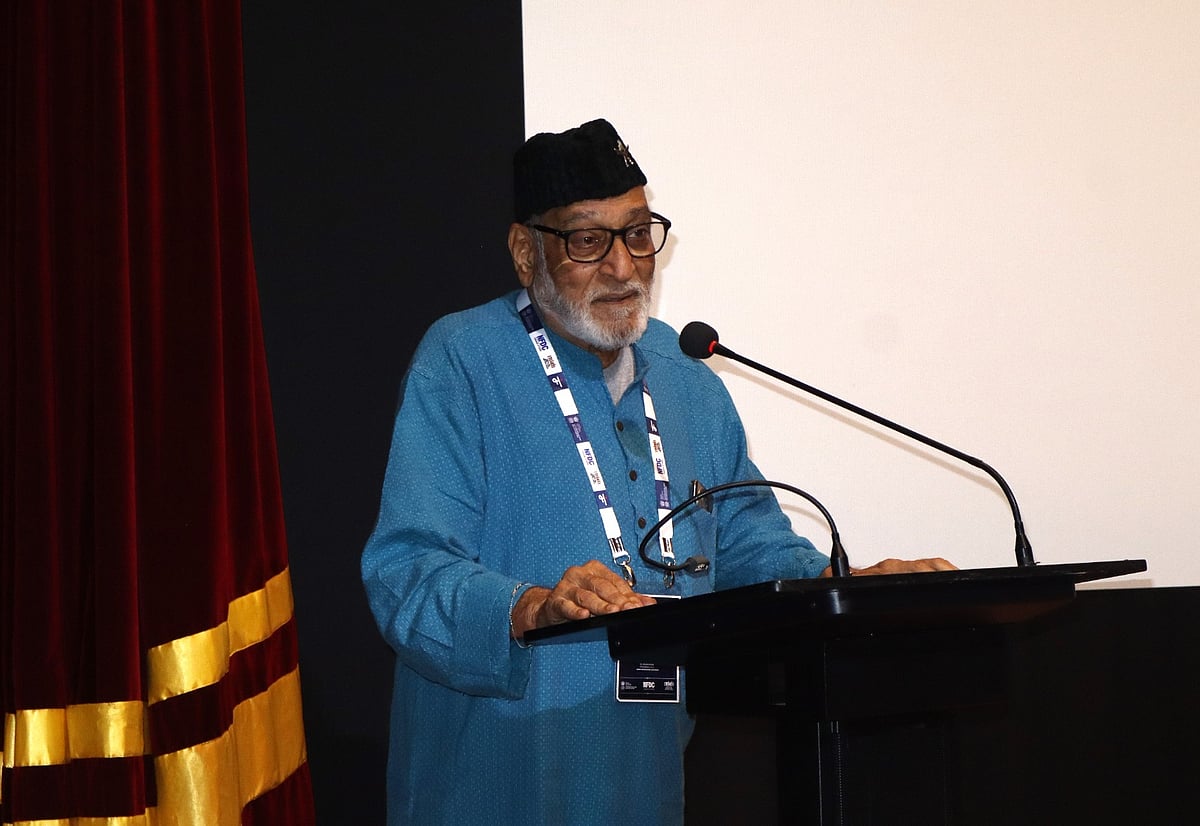
Dr Mohan Agashe |
Rationalist Education is Self-Centred, Lacks Sensitivity
While making a critique on modern education, Dr Agashe said, “Those who had both intellect and sensitivity became writers and poets, while rationalists remained mere readers. This education system reduced the spoken word to mere writing, and thus the human being with two legs and two eyes was reduced to one leg and one eye.”
“If cinema is used both for entertainment and education, man will once again use both his legs and eyes. Rationalist education, being self-centred, lacks sensitivity; hence, it cannot enable us to identify or process emotions. From this very root, wars and such conflicts have arisen,” he explained.
Dr Agashe further added, “One must learn not only to make films but also to watch them, and through this, examine oneself. While making films, it is necessary to understand the strength of the medium. Preserving a corpse is not memory—this is something cinema teaches us. Purely entertainment-oriented films fail to provide proper education, and as a result, the mental health of audiences has deteriorated.”
Mumbai International Film Festival is a Celebration of Sensitivity: Umesh Kulkarni
Speaking on the occasion, filmmaker Umesh Kulkarni said, “Short films are an effective and liberating medium. Through them, inner emotions can be expressed. Today’s youth are using short films to depict what is truly happening in their minds. Through art, it is necessary to highlight social issues and raise questions.”
“In Maharashtra, there hasn’t been sufficient public education about cinema. Festivals like these are essential to nurture good audiences. Such initiatives must not be confined to Pune and Mumbai alone, but should reach towns and villages, so that the best films and short films are made accessible to talented youth. The Mumbai International Film Festival is indeed a celebration of sensitivity. It should foster a sense of social responsibility,” Kulkarni added.
Film Festival will be a Journey of Joy
In his introductory remarks, Director Virendra Chitrav said, “Due to the media revolution, film festivals are receiving increasing responses from youth. If short and feature films succeed in awakening sensitivity and awareness, the younger generation will make a significant contribution to the field. The Mumbai Film Festival provides a platform for quality films and short films, bringing together creators, directors, researchers, and audiences. This festival will be a joyful journey.”
NFDC Should Provide Financial Support for Short Film Production
The National Film Development Corporation (NFDC) has provided financial assistance for feature films, benefiting many writers, directors, and artists. Since short films are equally important, NFDC should also provide grants to young aspirants wishing to enter short film production, urged Virendra Chitrav, Vice President of the Federation of Societies of India.
Dr Ganesh Pathare and Kiran Gaikwad delivered congratulatory messages. Festival secretaries Vishwas Shenbekar, Virendra Chitrav, and Balasaheb Raste welcomed the guests. Festival director Abhishek Avchar compered the event.
Film screenings will take place from September 24 to 28, 2025, at three prominent venues: the National Film Archive of India, Pandit Nehru Theatre, and Marathwada Mitra Mandal’s College of Commerce. The festival is open to all. This year, the festival has support from the Ministry of Information and Broadcasting, Government of India, and the National Film Development Corporation (NFDC).
